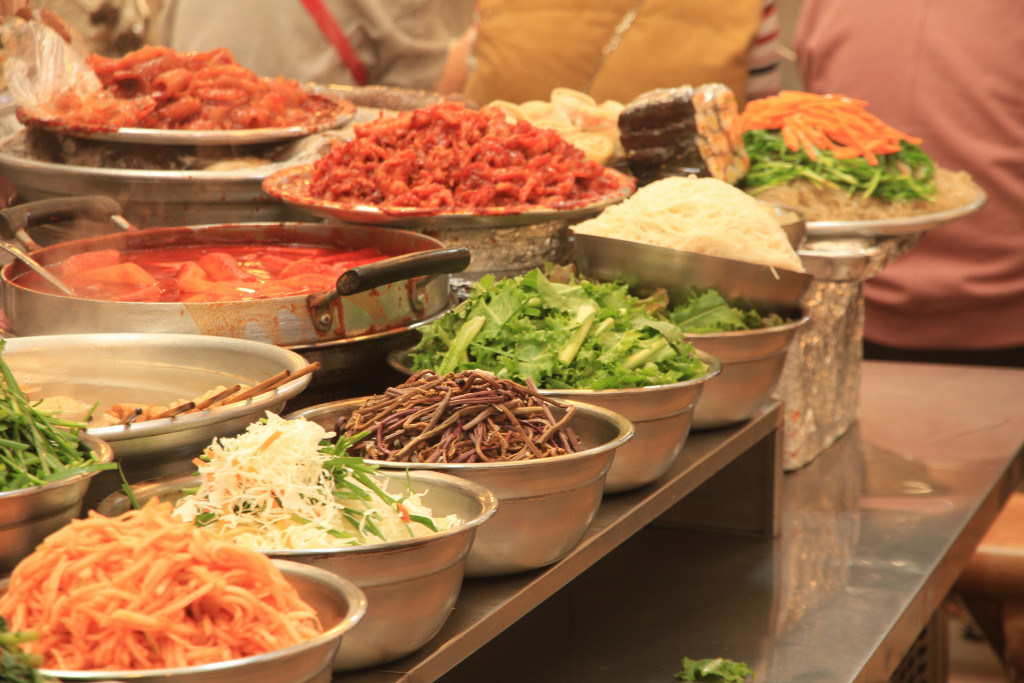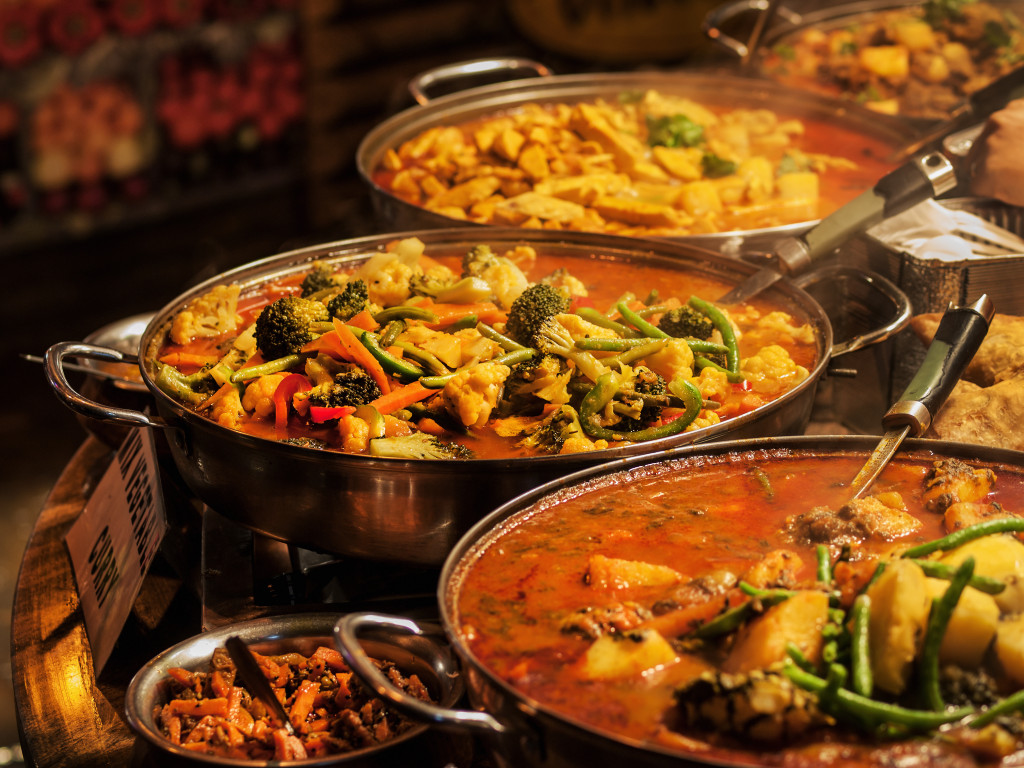• In Japan, eating is a sign of respect and should be done with courtesy and manners.
• In Italy, it’s considered impolite to snack between meals.
• In Korea, it’s important to not waste food and refrain from pointing with chopsticks.
• In India, eating traditional foods with your hands is common. Only use your right hand when eating.
Food is one of the greatest ways to discover and understand different cultures, especially when it comes to eating customs. From Italy to Japan, countless interesting customs differ from country to country. Here are a few unique eating customs you should know about before your next vacation.
In Japan, It’s All About Respect
In Japan, food is more than just sustenance. It’s a sign of respect. The Japanese take great pride in their meals, and while they enjoy the taste of their food, they also appreciate the artistry that goes into creating it. When dining with others in Japan, expect to wait for everyone at the table before beginning your meal. Refrain from talking with food in your mouth or making loud noises, which is considered bad manners. And if you’re lucky enough to be invited over for dinner at someone’s home, make sure you bring a small gift like flowers or chocolates to show your gratitude for the invitation!
In Italy, No Eating Between Meals
Italian cuisine is one of the world’s most popular types of food, but how Italians eat might surprise you! In Italy, it is considered impolite to snack between meals as people believe doing so will ruin their appetite for lunch or dinner. Eating times are also quite strict – dinner typically begins around 8 PM, and breakfast is served around 8 AM – so make sure you plan accordingly when visiting! Additionally, Italians don’t finish every last bite of their meal, as this implies that they are still hungry. Instead, they leave a few bites on their plate to let the host know they are full and satisfied.
In Korea, Don’t Waste Your Food

Koreans take great care not to waste any of their food – even if it means taking some home with them after dinner! If a Korean person does not finish all of their rice or soup during dinner, they will usually save it for later or ask for a takeaway box so that nothing goes to waste. Koreans also do not use chopsticks to point at other people or wave them around while talking, as this is considered rude. Instead, keep them flat on the table when not in use and refrain from sticking them upright into your bowl, as this can be seen as disrespectful too!
In India, Eat With Your Hands
In India, eating with utensils such as forks and spoons isn’t typical when eating traditional Indian foods such as dal (lentil soup) and chapati (flat bread). Instead, Indians eat with their hands, which helps bring out all the flavors in each dish. It’s important, though, that you only use your right hand when eating because using both hands can be seen as impolite by some Indians. Additionally, when sharing a plate at an Indian restaurant, only use your right hand since using your left hand may be interpreted as disrespectful by others at the table!
Preparation Tips for Experiencing These Eating Customs
The customs discussed above are just a few of the many that exist around the world when it comes to dining etiquette. Before embarking on your next cultural experience, it’s important to know their customs before digging in. Here are a few tips for making sure you are well-prepared when discovering the eating customs around the world:
Research
Spend time researching the local culture, food customs, and etiquette before your trip. This will help you be more informed and aware of what is expected when dining in that country.
Take care of your teeth

If you’re visiting a country to try its cuisine, ensure your teeth are ready for it. Certain dental issues can make it difficult to enjoy different flavors, and it might seem like you’re being disrespectful if you look like you’re having a hard time eating. So visit a dentist before your trip to ensure your teeth are in good condition. They’ll help you address various dental issues that can make eating a challenge. For example, if you have a few missing teeth, the dentist can provide tooth replacement solutions such as dentures to help you enjoy your meals better. Dentures can make eating a lot easier and restore your smile, so it’s a win-win for you!
Be open-minded
It’s important to be open-minded and respectful of other cultures’ customs. Different cultures have different ways of eating, so don’t be afraid to try something new or experiment with the cuisine when you’re abroad! Doing so will help you better understand the culture and enjoy your vacation more.
Follow the lead
When in doubt, follow the lead of others at your table. If someone else is eating with their hands or drinking tea a certain way, it’s best to do the same. Pay attention to how the locals around you behave and imitate them to avoid offending anyone or making a bad impression.
By taking the time to learn about different cultures and their customs, you can ensure that your next trip is enjoyable. With some research and preparation beforehand, as well as being open-minded while abroad, this knowledge can prove invaluable in creating memorable experiences with food worldwide.

